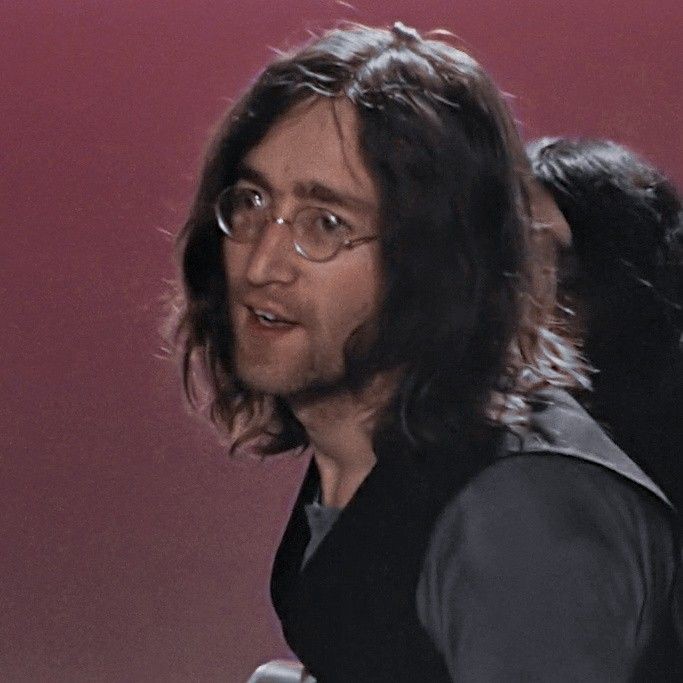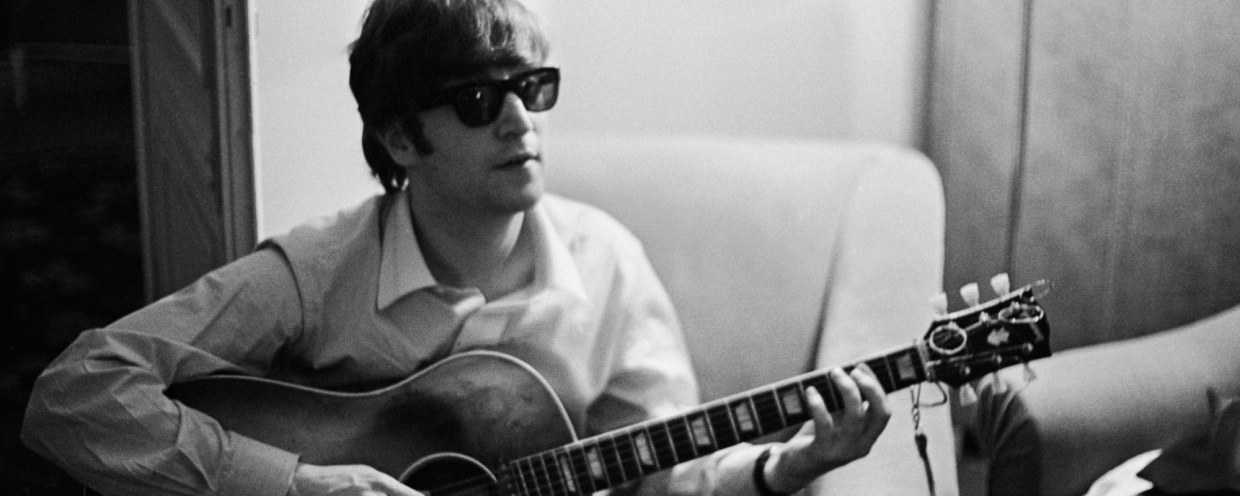London during the 1960s commands a certain reputation, evoking images of mini skirts, modernists and a plethora of incredible musicians. Encapsulating the essence of such a legendary period in time was, by no means, an easy task, but the 1960s was hardly short of gifted songwriters. Among them, The Beatles’ John Lennon was particularly skilled at capturing the zeitgeist of the time, though he was quick to criticise the other artists populating the rock and roll scene.
The artistic floodgates of England seemed to burst open during the 1960s, with countless revolutionary musicians establishing themselves for the first time. Despite the saturation of the scene, there were few groups at the time that could stand up to the defiant sounds of The Who. Formed out of the mod subculture, The Who soaked up influences from everywhere, including the pop art movement in America, and the swinging sixties reputation of London at the time.
The band – guided by the songwriting of Pete Townshend – also took colossal influence from the older generation of American rockers. This should perhaps come as no surprise, given that it was American rock ‘n’ roll that first inspired Townshend to pick up a guitar. Particularly during the band’s infamously raucous live performances, The Who would regularly cover rock and roll tracks by the likes of Eddie Cochran, Bo Diddley, and even Howlin’ Wolf.
While these cover songs represented some fan favourites within The Who’s live performances, they also attracted some criticism from The Who’s contemporaries. John Lennon, for instance, was openly critical of the band and their penchant for cover songs. During a 1974 interview featured in Lennon on Lennon: Conversations With John Lennon, the songwriter recalled the London scene of the 1960s. “There was a discotheque scene in London, and the main club we all went to was the Ad Lib,” he shared.
The Soho club, which closed after a fire in 1966, hosted many of the pop stars of the day, and Lennon was something of a regular. “One of the records we always played was in the Ad Lib itself,” Lennon recalled, “folks, with all of us sitting there, listening and dancing, looking super stoned, and the record was called ‘Daddy Rollin’ Stone’ by Derek Martin, which The Who later did a sort of version of, like the English usually do of these great records, not too good.”
The Who covered the track for the b-side of their pop art masterpiece ‘Anyway, Anyhow, Anywhere’, but Lennon was certainly not a fan. Of course, Lennon himself covered his fair share of American tracks during the early years of The Beatles, and the songwriter himself admitted as such. “That’s all we ever played,” he said, “American records. There’s no such thing as English records, those days.”
It seems ridiculous to suggest that, during the peak of Britain’s cultural output in the 1960s, there were no English records – perhaps Lennon had forgotten about the existence of groups like The Kinks. The Who were incredibly reflective of the English music and subculture scene of the 1960s, despite Lennon’s suggestions. It must be said, however, that the group really hit their songwriting stride during the rock opera era of the 1970s.



